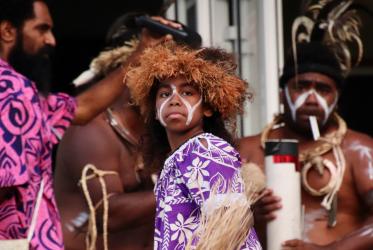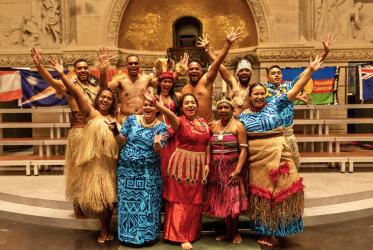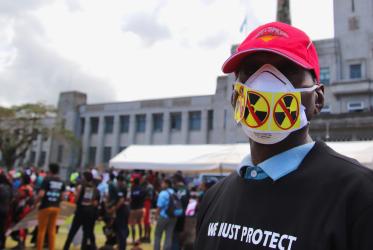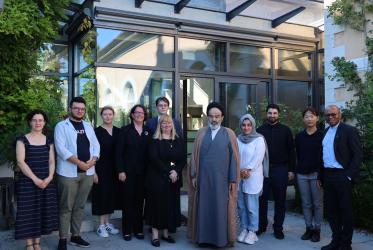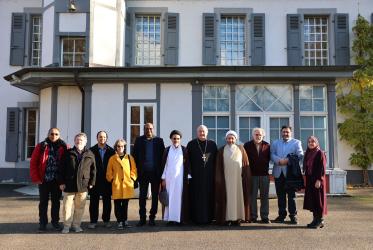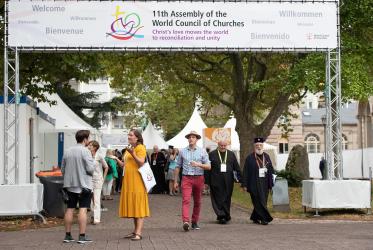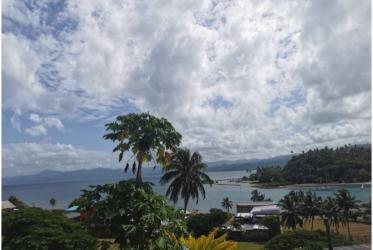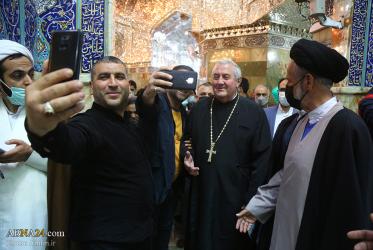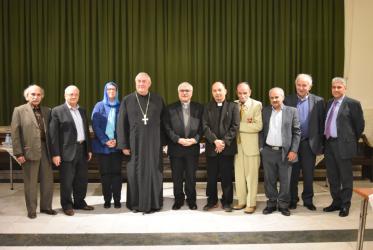Displaying 1 - 20 of 150
Pacific Conference of Churches prepares for 12th General Assembly
15 November 2023
WCC applauds Nobel Prize winner Narges Mohammadi
06 October 2023
Pacific churches call for Japan to halt wastewater dump
29 August 2023
Ecumenism in the Philippines means hope and resilience
22 August 2023



